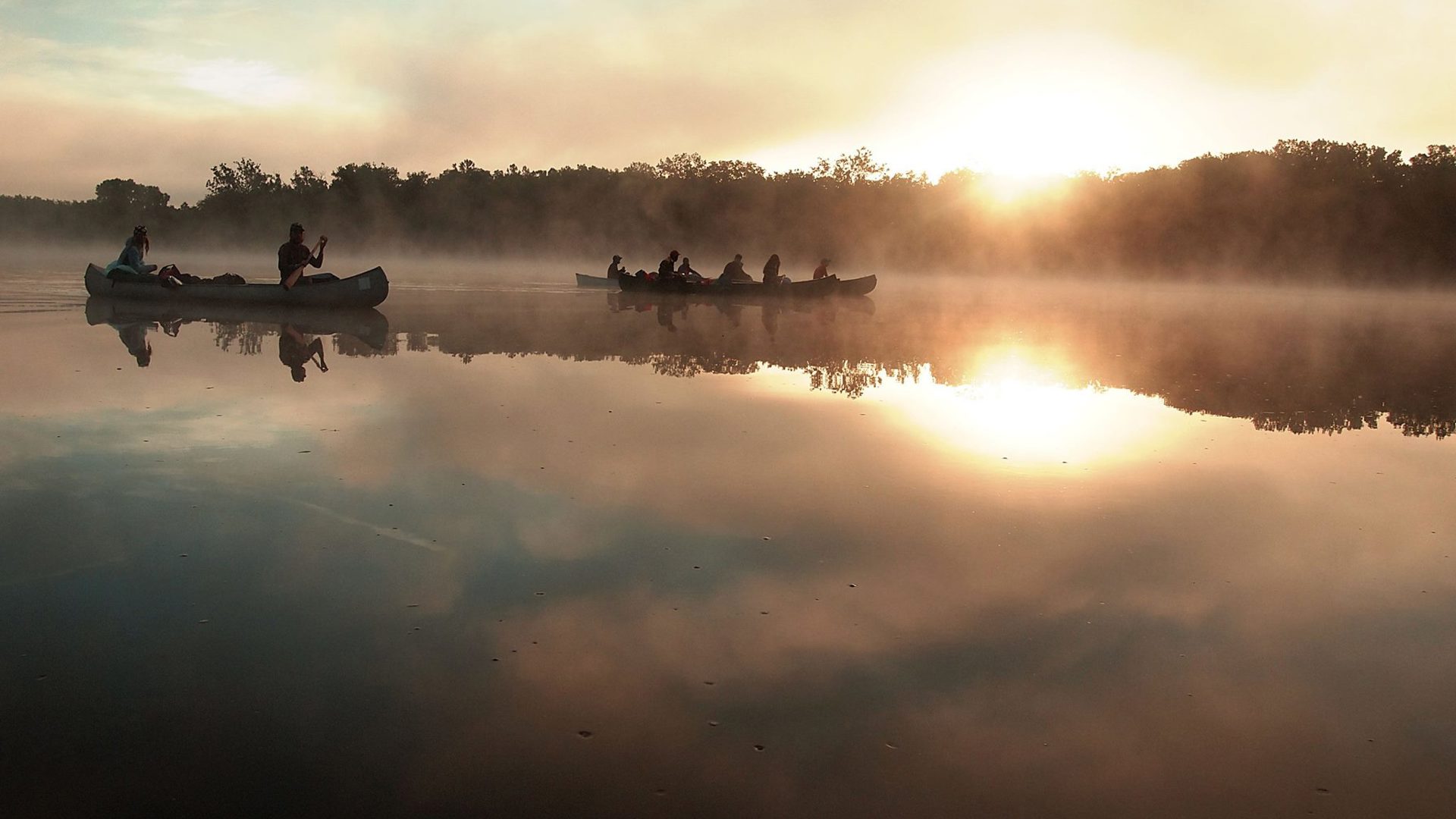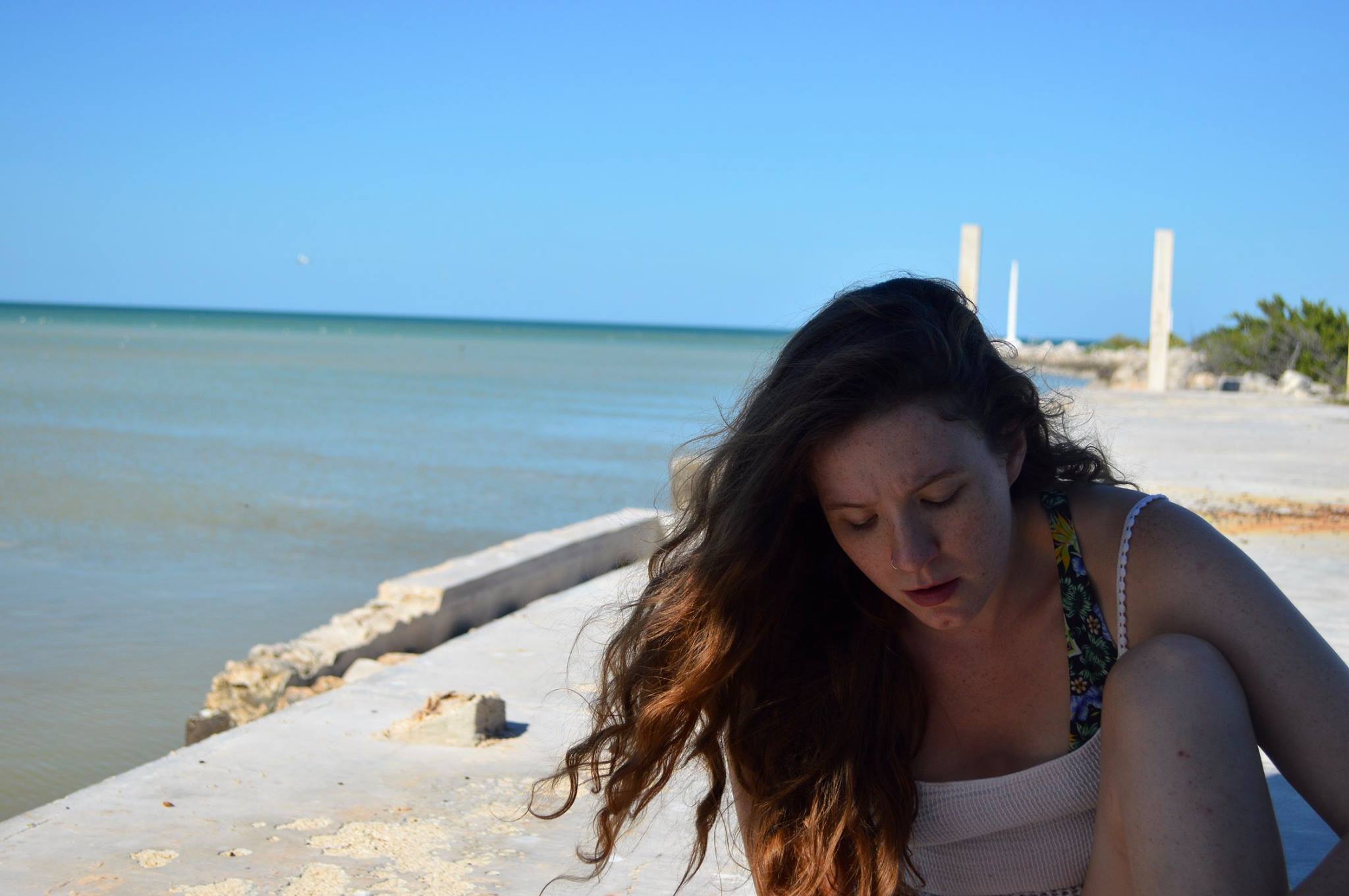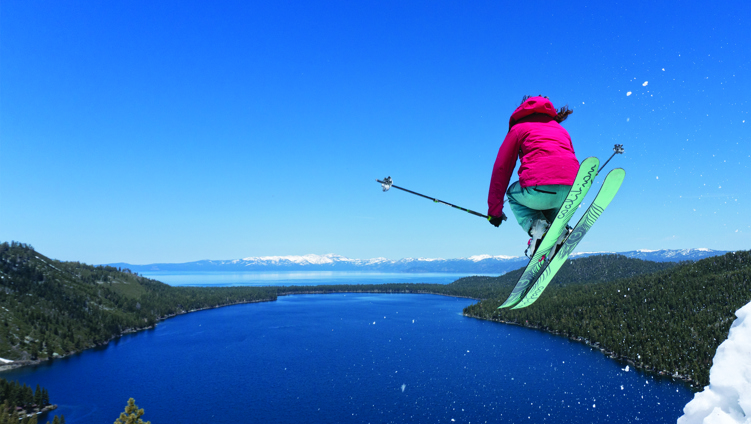
Harriet is an activist and writer whose work focuses on human rights and sustainability. Ninth Wave Global is an independent, international organisation working to generate space for investigation and positive change in environmental, community and social settings, encouraging quiet, humble and slow exploration of places and people through itinerant projects across Europe and the Americas and as part of long-term community-based work and collaborations in south-east Mexico.
Harriet, what is ‘un-exploring’?
Un-exploring is going out into the world, outside of a comfort zone, moving slowly, guided by what you find and not what you planned. It values and champions the accidental, the sidetracks, the unusual and the happenstance and giving all of these the time they need, because these offshoots really are the journey. It is about being rather than doing, about sitting with places instead of ticking them off a list. There’s a process of inner ‘journeying’ happening as well as outer humility and vulnerability. If at any point you know where you are on a journey and what is coming next, you’re not un-exploring.
'If at any point you know where you are on a journey and what is coming next, you’re not un-exploring.'
Where did the idea come from? Are there other people or organisations doing similar things?
Gloria Steinem has said that “once you start to ask questions, there’s no turning back.” The concept of un-exploring is not a single idea but a logical extension that comes from asking yourself difficult questions and not turning away when you don’t like where the answer is leading you. And this is un-exploring too - this form of exploration is as much mental and intellectual as physical or geographical - maybe more so, because ultimately the inside of our heads is where we exist. There are people all over the world moving through space in a way which may be termed un-exploring. We call it un-exploring, but we didn’t make it up - it’s been happening forever in different forms of humble, quiet, open movement. It’s just not currently valued or aspirational in contemporary societies obsessed with extracting and packaging experience.
What about exploring does un-exploring critique?
There isn’t anything wrong with exploring when pared back to its essence - it’s a fundamental part of human nature with great net effects. But the history of exploration, particularly in a western context, is deeply troubling, violent, acquisitional and exploitative. Many of the colonialist behaviours and attitudes which created and are born of that history are unfortunately alive and well today under the guise of tourism. We can tend to think - I certainly did for a long time - that forms of ‘adventure’ tourism, where the focus is closer to nature, are better at avoiding this, but really they’re often driven by the same compulsion: to climb that mountain, to have this experience, to conquer in one way or another and to plant a metaphorical flag. At best it’s an ego-trip, at worst it can be genuinely harmful to the places we say we want to explore and the people to whom they historically belong.
'We call it un-exploring, but we didn’t make it up - it’s been happening forever in different forms of humble, quiet, open movement. It’s just not currently valued or aspirational in contemporary societies obsessed with extracting and packaging experience.'
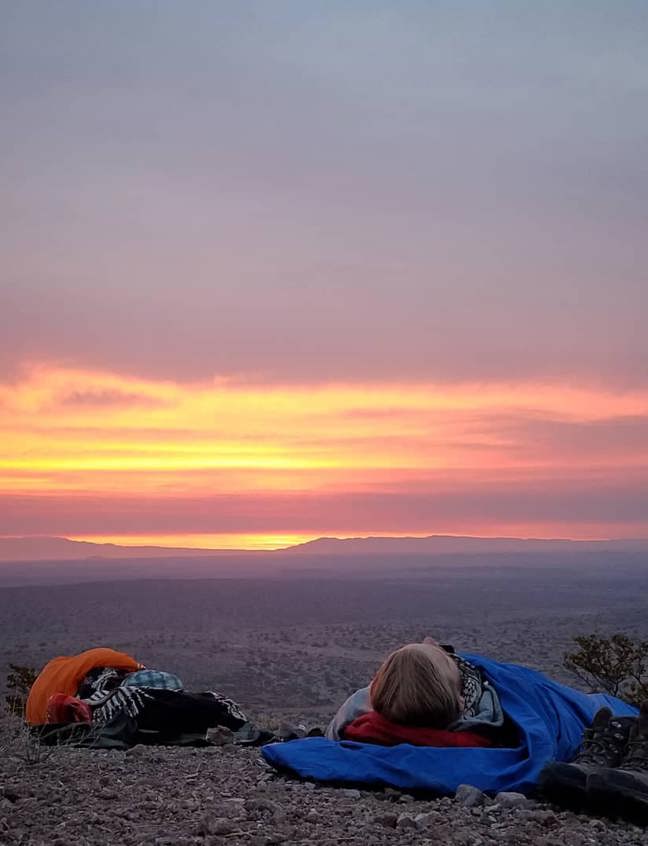
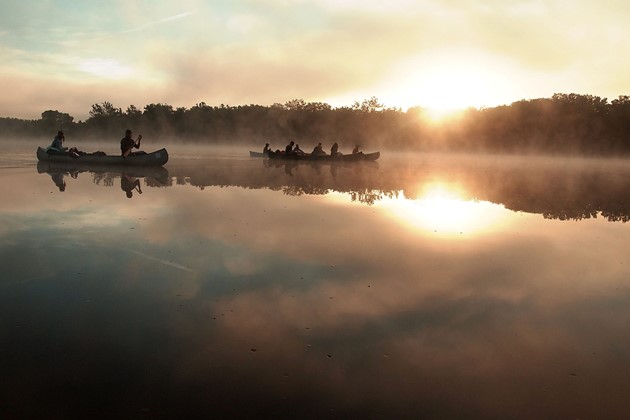
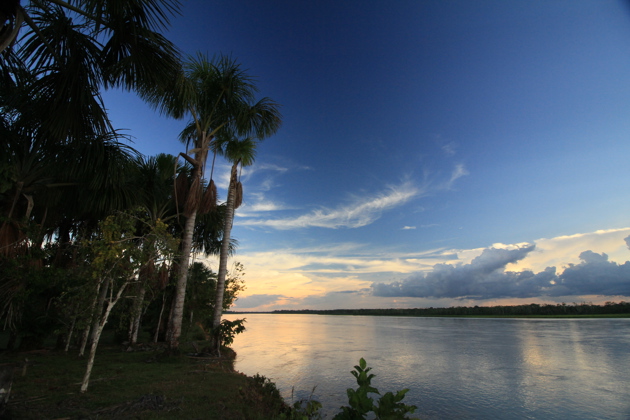
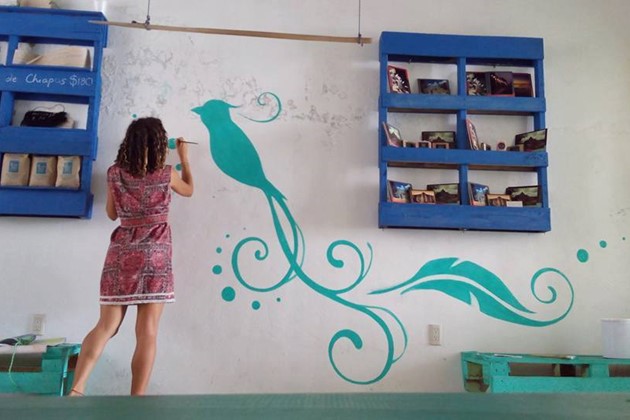
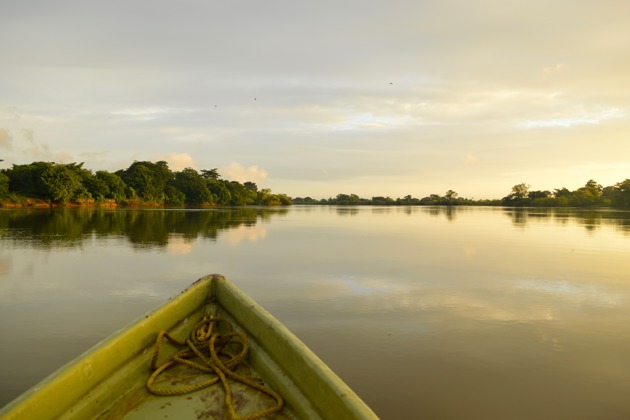
Ninth Wave un-exploring. Clockwise from left: New Mexico; Hudson, New York (photo Nell Nicholas); Teodora Lilas painting Xaman Ek cultural centre, Campeche, Mexico; Usumacinta River, Mexico; Amazon River, Peru (photo Mike Webster).
What do you hope un-exploring can help achieve?
I think a large part of the problem with ‘exploring’ in the traditional sense is just that, the focus on achievement, of the attainment of a tangible end goal which motivates the journey. Focusing on achievement and on the need for all our endeavours to somehow justify themselves by proving to have been worthwhile is a familiar pattern - across many spheres, not just travel - which can have a limiting or even damaging effect on our wellbeing and the way we interact with the world. By un-exploring we’re trying to move away from that; being led by what unfolds in front of us rather than by ourselves. So in some way by defining objectives we’d be undermining the heart of the idea, but I guess if I hope anything it’s that un-exploring as a process humanises us, makes us small and irrelevant and open and humble.
How can un-explorers avoid falling into the traps of exploring?
It starts with asking questions. Question everything you’re doing, and why you’re doing it, and how it could be impacting other elements you hadn’t thought of. This applies as much to planning (why is it particularly important to me that I see this view? What motivates that?) as to things that happen along the way (why am I so disappointed that this isn’t turning out the way I want it to? Why do I expect it to unfold according to my expectations?). Once we stop looking at places and people as serving a particular purpose in our ‘adventure’, we can begin to travel in a way that’s led by compassion and curiosity, focused on moving slowly, having conversations and forming connections and an understanding of a place outside our preconceived ideas of what it’s supposed to be.
'I think a large part of the problem with ‘exploring’ in the traditional sense is just that, the focus on achievement, of the attainment of a tangible end goal which motivates the journey.'
Are there any good examples of un-explorations you’ve been involved with?
The great thing about leaving your expectations behind is that you find surprising, wonderful things in all kinds of places. We can call it ‘un-exploring’ but it doesn’t really matter what we call it - it’s just a perspective shift and a different approach, and really it can be applied anywhere. It’s led me to learning about incredible native bird species on the Usumacinta River in southern Mexico, and spending time with fishermen-turned-conservationists working on the Sea of Cortez, but it’s also led to things like listening to an impromptu two-hour lecture on American football from a middle-aged drinker at the bar of a canoe club on the Hudson when we were rained off the river for two whole days. No experiences are more or less valuable than one another, and un-exploring can happen at home as much as in any far-flung destination.
How does un-exploring fit into Ninth Wave’s wider work?
Broadly speaking, we don’t decide to do anything, we see what emerges where we find ourselves and then inhabit that space. As a result what we do work-wise on a day-to-day basis is a wide array of leaving more in the fridge than you find - whether that be direct conservation, environmental journalism, generating zero waste tools, adopting street animals, supporting Indigenous autonomy, documentary filmmaking, growing organic - the list goes on and very, very often takes a surprising turn.
